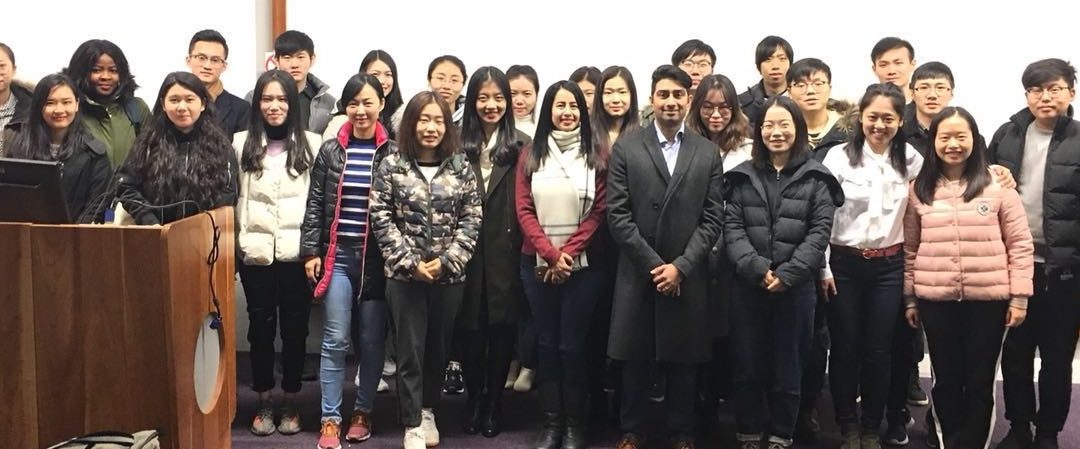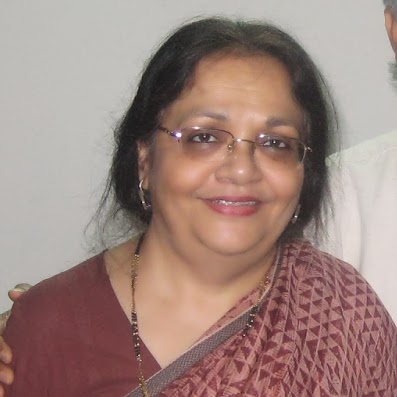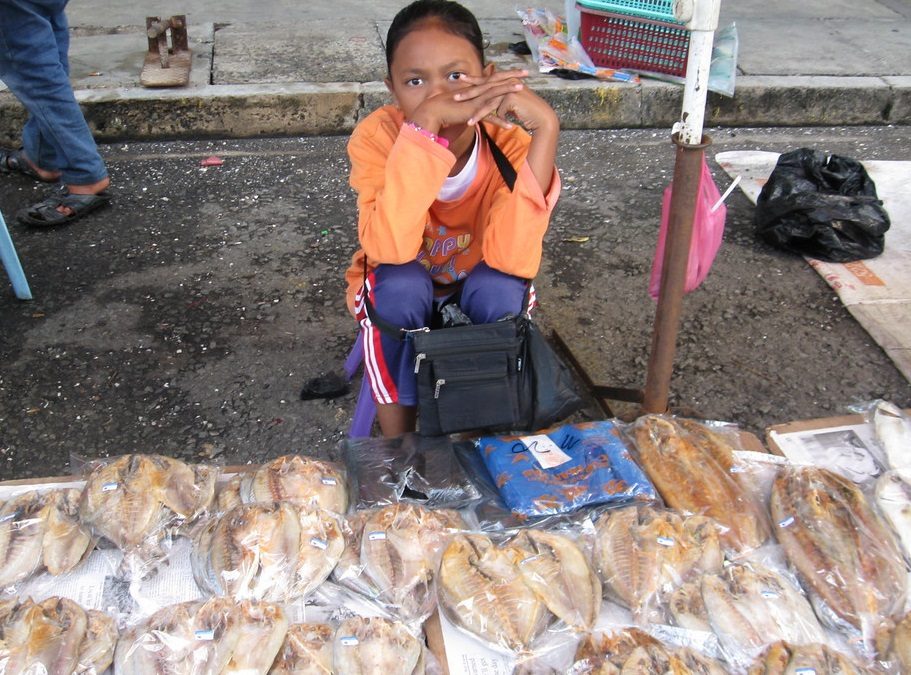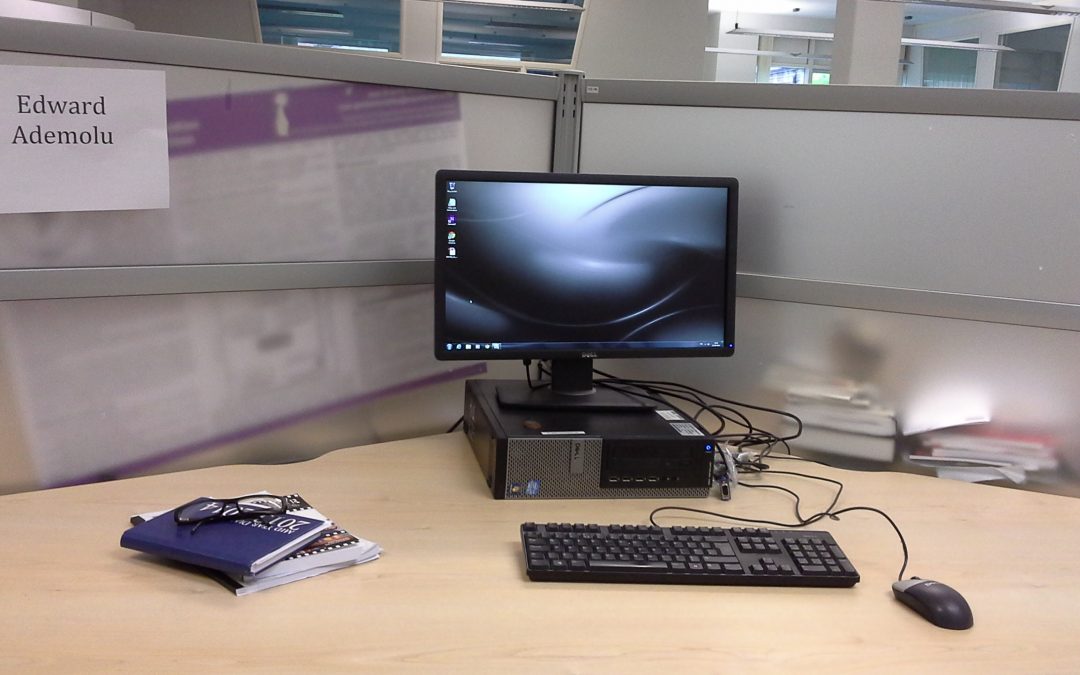
Bringing practical human resource management insight to students.
The University of Manchester’s Global Development Institute offers a range of taught master’s programmes focusing on human resource management, organisational change and managing and delivering development projects.
The master’s programme includes fieldwork and visits to organisations as well as guest lectures providing students with an opportunity to gain insights into practice-focused human resource and international management.
As an adjunct to the Organisational Behaviour course unit and part of the Study Enhancement Programme of the MSc HRM programme, guest lecture sessions provide students with an opportunity to gain insights into practice. Humayoun Akhtar from World Pay presented human resource and international management challenges facing the multinational UK-USA managed company. Akhtar linked Human Resource theories and practice through issues and examples from the international digital payment organisation. The session also included reflective learning time through group discussion and Q&A.
In memory of Simeen Mahmud
Everyone at the Global Development Institute was saddened to hear that Simeen Mahmud recently passed away.
 Simeen was head of the Gender Studies Cluster and the Coordinator of the Centre for Gender and Social Transformation (CGST) at BRAC University in Bangladesh.
Simeen was head of the Gender Studies Cluster and the Coordinator of the Centre for Gender and Social Transformation (CGST) at BRAC University in Bangladesh.
She was a regular and outstanding collaborator on many large research projects with GDI, including the Chronic Poverty Research Centre and the Effective States and Inclusive Development research centre.

Financial inclusion in Indonesia
Gindo Tampubolon, Lecturer in Poverty, Global Development Institute
Bringing financial services to people is key to enhance the chance of poor people to participate in development and reap its fruits. By connecting savers, who put their funds into an institution, and entrepreneurs, who spot opportunities for their talents, a bank or financial institution makes the best allocation of both funds and talents across space. By giving loans to students from poor families in order to pursue chosen training, the institution allocates investor funds for creating talents and opportunities for the future.
Evidence is thin, however, on how many people use financial services in developing countries. read more…

The Dyslexic Imposterisms of a PhD student
Edward Ademolu, PhD Researcher, Global Development Institute
Hi everyone, my name is Edward – a doctoral researcher and I hold my hands up, I suffer with dyslexia imposterisms. Thank you. *Takes a seat among the other equally-inflicted*.
So when did it start? Oh okay, um alright let’s see, well I guess at the start of my PhD programme, you know the introductory – Bakewell slices and Elderflower cordial – stage. It was at this very point, the point of exchanging muffled chit-chats with other frayed-cuffed newbies and overhearing what sounded like Laureate-award-winning and Nobel Peace Prize-worthy research ideas.

Rural governments in Indonesia should be responsible for local poverty
Muhammad Zulfikar Rakhmat, PhD researcher, Politics, The University of Manchester
Poor communities in rural areas of Indonesia should not solely be the responsibility of the central and regional governments but the rural governments which receive significant amount of rural funds.
read more…

Prof Diana Mitlin presents evidence to Select Committee on overseas development assistance
Prof Diana Mitlin was invited to present evidence to the International Development Select Committee on the changing nature of UK aid. read more…

Oxfam Sex Scandal: (In)human(e)itarianism and the hypersexualised “adultification” of black girls
Edward Ademolu, PhD Researcher, Global Development Institute
The torrent of recent (and on-going) revelations of sexual exploitation by representatives of British humanitarian aid organisations in Haiti and South Sudan, has imbued an almost irreconcilable sensation – an uncomfortable cognitive dissonance – within the public consciousness: that seemingly reputable charities like Oxfam are implicated and woefully complicit in the maltreatment of the very communities they are meant to help.
Muddied are our already-warped romanticisms of said organisations as institutional deities, as some kind of holy-oil-anointed lamp bearers of Florence Nightingale’s approbation – illuminating the darkened and often shameful transgressions of the world. Further perplexing, is why it has taken until now for reporting of this abuse and those inculpated, like Oxfam’s Haiti director Roland Van Hauwermeiren to submit to public and parliamentary scrutiny. read more…

David Hulme & Uma Kothari in Melbourne for new geographies of global inequalities and social justice
Alumni and the public in Melbourne, Australia are invited to the opening plenary of a conference at the University of Melbourne.

Fieldwork: understanding the role of human resources in complex multinationals
MSc Human Resource Management (International Development) is a practical introduction to the philosophy, values, policies and practices of human resource management in the context of developing or transitional countries. Students take part in fieldwork – visiting companies and contexts – to deepen their understanding of theory by seeing it in practice.

Why the economics of water is so hard
The Future Dams Research Consortium (originally known as DAMS 2.0) hosted a public lecture by Prof Michael Hanemann of Arizona State University on the economics of water.
The lecture discussed ‘why the economics of water is so hard’ providing a historical and contemporary US overview of the issues that make water challenging to price.
